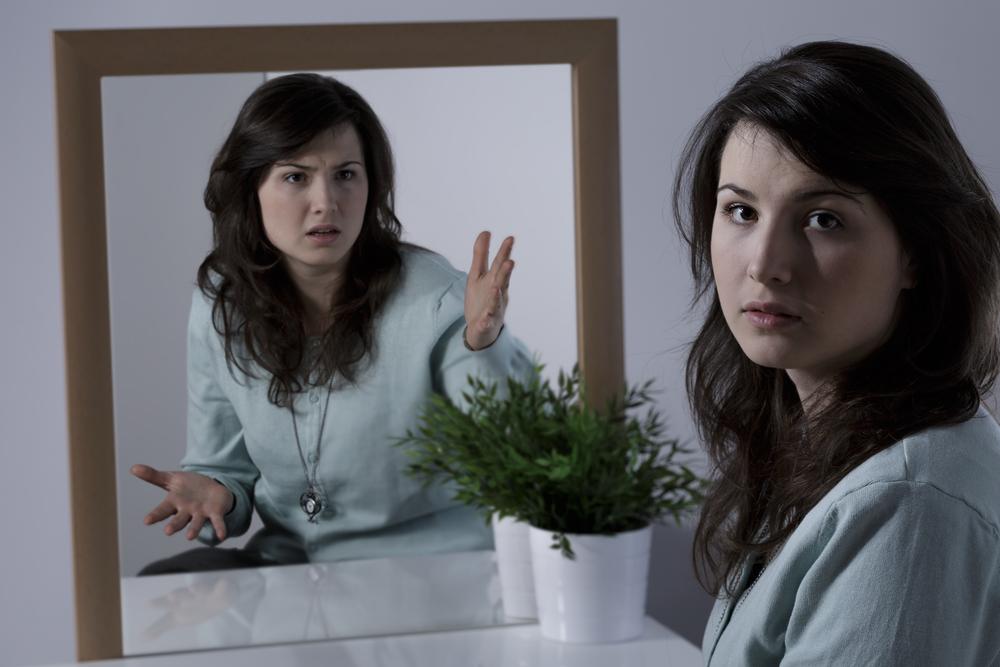
Main Types and Symptoms of Schizophrenia
According to research from the American Addiction Centers, schizophrenia is diagnosed in an estimated 3.2 million individuals in the U.S. Although it’s considered one of the rarer mental health diseases, the symptoms of schizophrenia can present as severe in nature, resulting in patients that display:
- Paranoid delusions
- Confused thinking
- Withdrawal from society
- Strange behaviors
- Disorganized speech
- Apathy or lack of motivation
- Hallucinations or hearing voices
- Partial or total detachment from reality
Schizophrenia occurs in multiple types with differentiating symptoms, however, the Diagnostic and Statistical Manual of Mental Disorders now recognizes and classifies all five types as simply schizophrenia:
1. Childhood schizophrenia
Schizophrenia that strikes a patient in childhood, typically younger than 10 years old is considered childhood schizophrenia. This very rare type of the disease displays very extreme symptoms of hallucinations, difficulty sleeping, irritability, total withdrawal, abnormal behavior, and loss of motivation.
2. Catatonic schizophrenia
Catatonic schizophrenia, or simply catatonia, is prone to patients with existing diagnosis of depression or bipolar disorder. Patients with this type typically go through periods of extreme behavior where they are completely withdrawn and inactive (i.e., virtually no movement or speech) at one moment—and excessively active, talkative, and beyond excited at the next moment. These extremes are known as catatonic stupor vs. catatonic excitement.
3. Schizoaffective disorder
Schizoaffective disorder describes a form of schizophrenia patient that experiences both psychotic and mood-based symptoms at the same time. According to mental health experts, a patient diagnosed with schizoaffective disorder experiences depression and mania (mood-based symptoms) as well as delusions and hallucinations (psychosis) together for roughly the same amount of time.
4. Paranoid schizophrenia
Deemed the most prevalent form of schizophrenia, paranoid schizophrenics are exactly that paranoid, and they display delusionally protective behaviours even towards long term, well meaning friends and family who they mistakenly view as threats. Paranoid schizophrenics are often overtaken by false beliefs and delusions that others are trying to harm them or their loved ones.
5. Hebephrenic schizophrenia
Also known as disorganized schizophrenia, patients diagnosed with this form of the disease often display an illogical and unorganized series of thoughts and behaviors. They may speak incoherently, seem disorganized or lost when performing routine daily tasks (i.e., shopping, cooking meals, etc.) which can cause them to become extremely frustrated and sometimes angry.


